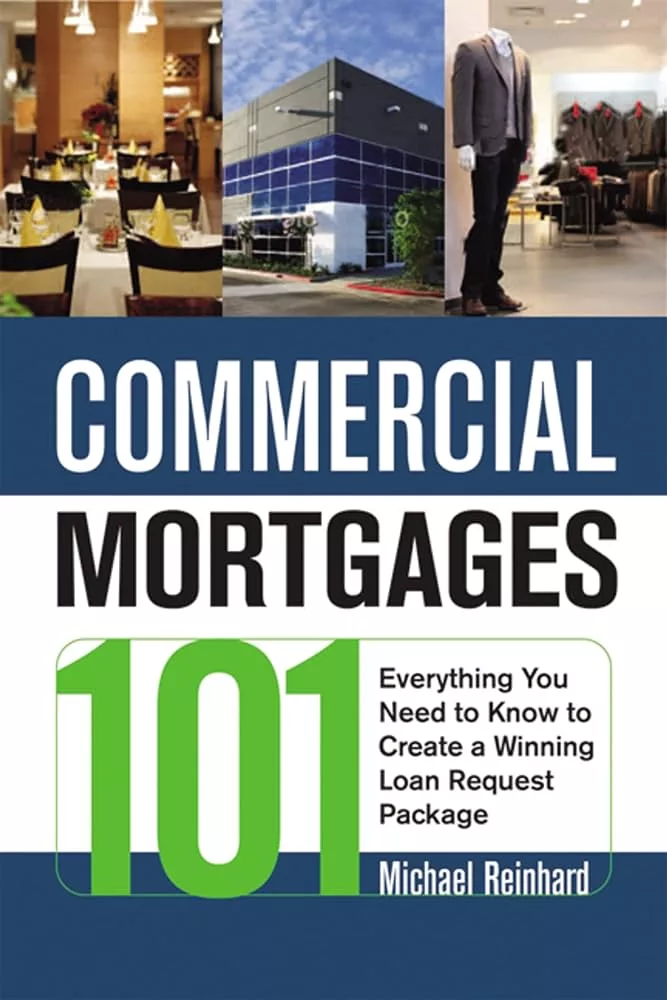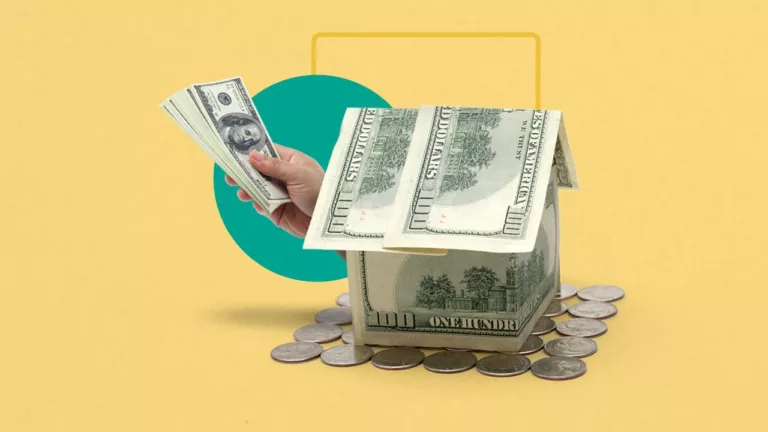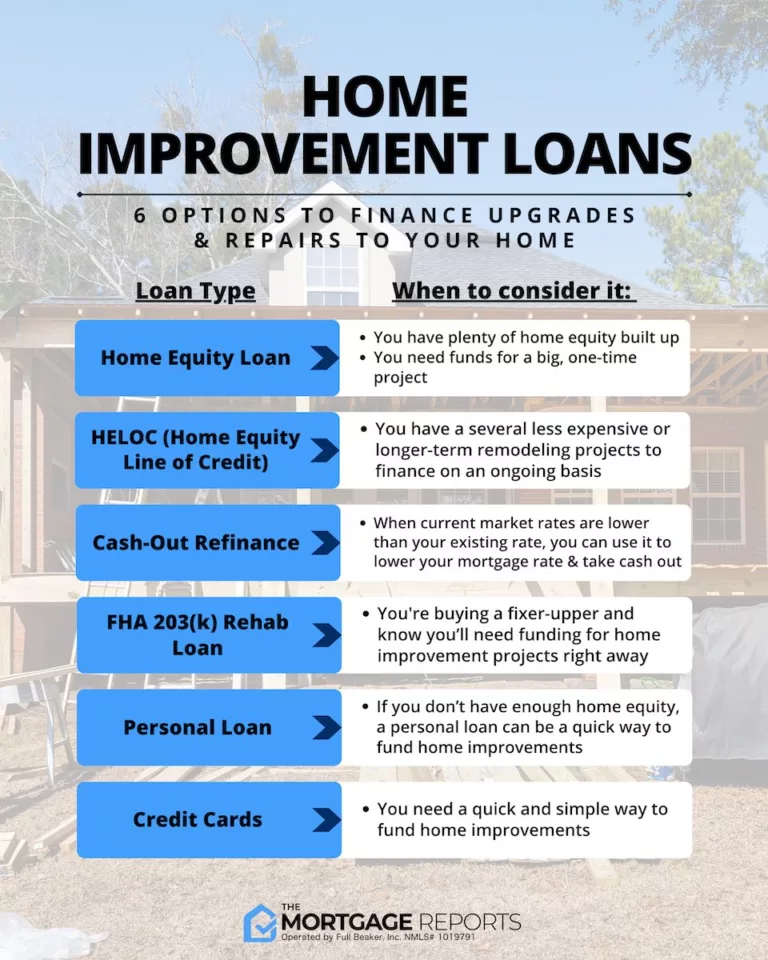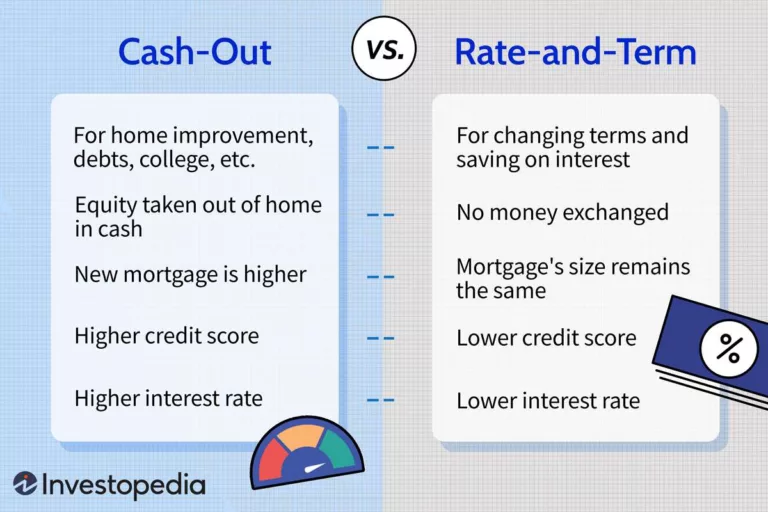What is a Package Mortgage? Everything You Need to Know!
A package mortgage is a type of loan that combines the financing for the purchase of property as well as additional funds for other purposes, such as construction or renovations, all in one package. In this type of mortgage, the borrower receives a single loan that covers both the property purchase and any additional funding required.
This can be beneficial for borrowers who need funds for other expenses related to the property, as it simplifies the borrowing process and allows for better coordination of funds. Package mortgages are commonly used in real estate development projects or when a property requires significant repairs or renovations.

Credit: www.apmortgage.com
What Is A Package Mortgage?
A package mortgage is a type of mortgage where the borrower agrees to include additional assets or collateral as security for the loan. In this blog post, we will explore the definition, benefits, and features of a package mortgage.
Definition
A package mortgage refers to a loan that combines different types of collateral to secure financing for the borrower. Rather than using a single asset, such as a home or car, as collateral, a package mortgage allows the borrower to include multiple assets in order to secure funding.
Benefits
Package mortgages offer several advantages for both lenders and borrowers. Some of the benefits include:
- Diversification of collateral: With a package mortgage, borrowers can include various assets, such as real estate, investments, and personal property, as collateral. This diversification provides a greater sense of security for lenders.
- Expanded borrowing capacity: By including additional assets, borrowers can potentially increase the amount they can borrow. This can be particularly useful for individuals who may not qualify for a larger loan based on a single asset alone.
- Flexibility for borrowers: Since package mortgages allow for the inclusion of different types of collateral, borrowers have more flexibility in their financing options. They can choose assets that best suit their needs and financial situation.
Features
Package mortgages typically have the following features:
- Asset evaluation: Lenders will assess the value of the assets included in the package mortgage to determine the loan amount and terms. This evaluation may involve appraisals, market analysis, and other assessments.
- Loan terms: The terms and conditions of a package mortgage, such as interest rates and repayment schedules, are typically based on the combined value of the assets included as collateral.
- Asset lien: When a package mortgage is taken out, the lender will place a lien on the included assets. This means that if the borrower defaults on the loan, the lender has the right to seize and sell the assets to recover their losses.
Overall, a package mortgage offers borrowers the opportunity to secure financing by leveraging multiple assets. When considering this type of mortgage, it’s essential to carefully evaluate the benefits, features, and potential risks involved.

Credit: www.amazon.com
Types Of Package Mortgages
A package mortgage is a type of loan that combines multiple financial products like a home loan and personal loans into one package for convenience and lower interest rates. It offers flexibility to borrowers by bundling different loans together.
Types of Package Mortgages When it comes to financing your dream home, there are various options available to explore. One such option is a package mortgage. As the name suggests, a package mortgage is a form of mortgage that bundles multiple financial products into one. This can include a combination of loans, such as a home loan, personal loan, or even a car loan, all packaged together into a single mortgage. It provides borrowers with the convenience of managing multiple financial obligations under one umbrella, thereby simplifying their financial lives. Fixed-Rate Packages A fixed-rate package mortgage is a common type of package mortgage that offers stability and predictability to borrowers. With a fixed-rate package, the interest rate remains the same throughout the entire loan term, providing borrowers with certainty in their monthly payments. This can be particularly beneficial for those who prefer a steady, unchanging payment structure. Individuals who have a tight budget or who value predictability often find fixed-rate packages to be the ideal choice. Adjustable-Rate Packages Unlike fixed-rate packages, adjustable-rate packages come with interest rates that are subject to change over time. These rates typically have a fixed period of lower interest rates that later adjust periodically, based on market conditions. This means that borrowers may experience fluctuating monthly payments, which can be advantageous if interest rates decrease but could also increase their monthly payment obligations if rates rise. Adjustable-rate packages are suitable for individuals who may only need short-term financing or are willing to take on more risk in exchange for potential savings. Hybrid Packages Hybrid packages aim to combine the benefits of both fixed-rate and adjustable-rate packages. These mortgage packages have an initial fixed-rate period, usually for a few years, and then transition into an adjustable-rate period. This provides borrowers with the stability of a fixed rate for a specified time, followed by the flexibility and potentially lower rates of an adjustable rate. Hybrid packages are suitable for those who want to take advantage of the initial fixed-rate period while being open to potential rate changes later on. In conclusion, package mortgages offer borrowers the flexibility and convenience of bundling multiple financing options into one. Whether you prefer the stability of a fixed-rate package, the potential savings of an adjustable-rate package, or the advantages of a hybrid package, there is a package mortgage option that can align with your financial goals and needs. Remember, it’s essential to thoroughly review and understand the terms and conditions of any package mortgage before making a decision.Comparison With Traditional Mortgages
Package mortgages differ significantly from traditional mortgages due to their unique bundled nature. Instead of receiving separate loans for a home and land, a package mortgage combines both into a single loan. This offers borrowers convenience, flexibility, and potential cost savings.
Advantages
Compared to traditional mortgages, package mortgages offer several advantages that make them an appealing option for homebuyers. One of the key advantages is the convenience they provide. With a package mortgage, borrowers have the flexibility to roll multiple types of loans into a single package. This means they can combine their home loan with other loans, such as personal loans or a car loan, all in one mortgage. This streamlines the borrowing process and makes it more efficient for borrowers. Another advantage of package mortgages is the potential for cost savings. By bundling multiple loans into one, borrowers can often benefit from lower interest rates and reduced fees. This can result in significant savings over the life of the mortgage. Additionally, package mortgages may offer more favorable terms than traditional mortgages, such as longer repayment periods or more flexible payment options. This can give borrowers greater financial flexibility and help them better manage their cash flow.Disadvantages
While package mortgages offer several advantages, they also come with a few disadvantages that borrowers should consider. One potential drawback is the complexity of these types of mortgages. With multiple loans combined into one package, the paperwork and documentation requirements can be more involved. Borrowers should be prepared to provide detailed information about each loan included in the package, which can take more time and effort. Another potential disadvantage of package mortgages is the risk they pose to borrowers. Because multiple loans are combined, if a borrower defaults on one loan within the package, it can put the entire mortgage at risk. This is different from traditional mortgages, where defaulting on one loan would only affect that particular loan. Borrowers should carefully assess their financial situation and ability to manage multiple loans before opting for a package mortgage. In summary, package mortgages offer convenience and potential cost savings compared to traditional mortgages. However, they also come with added complexity and risk. It’s important for borrowers to fully understand the advantages and disadvantages before choosing a package mortgage as their home financing option.How To Qualify For A Package Mortgage?
How to Qualify for a Package Mortgage?
A package mortgage is a type of loan that combines a borrower’s mortgage and other loans or debts into a single monthly payment. This can include elements such as credit card debt, personal loans, or lines of credit. Qualifying for a package mortgage involves meeting certain criteria related to your credit score, income requirements, and property eligibility. Let’s explore each of these factors in more detail.
Credit Score
Your credit score plays a crucial role in determining your eligibility for a package mortgage. Lenders generally look for a minimum credit score of around 620 to 640, although this can vary depending on the lender and the type of package mortgage you’re applying for. A higher credit score is always beneficial as it demonstrates your ability to manage debt responsibly and increases your chances of getting approved.
Income Requirements
When it comes to income requirements for a package mortgage, lenders typically assess your debt-to-income ratio (DTI). This ratio compares your monthly debt payments to your gross monthly income. Ideally, your DTI should be below 43% to qualify for most package mortgages. However, some lenders may be more flexible and consider higher DTIs if you have a strong credit profile and a stable income. It’s important to provide documentation that showcases your income from various sources, including employment, self-employment, investments, or alimony.
Property Eligibility
The property you intend to purchase or refinance also needs to meet certain eligibility criteria to qualify for a package mortgage. Lenders evaluate factors such as the location, type of property, and condition to assess its value and potential risk. Additionally, the property must meet the lender’s guidelines regarding acceptable loan-to-value ratios (LTV). This is the percentage of the property’s value that you’re borrowing. Most lenders require an LTV below 80% to qualify for a package mortgage.
To summarize, qualifying for a package mortgage involves having a good credit score, meeting the income requirements based on your debt-to-income ratio, and ensuring the property meets the lender’s guidelines. By understanding the qualifying criteria and fulfilling them, you can enhance your chances of securing a package mortgage that simplifies your monthly payments and helps you better manage your finances.
Choosing The Right Package Mortgage
When it comes to financing your dream home, there are several mortgage options available to suit your needs. One popular option is a package mortgage, which offers a bundle of benefits that can save you money and provide added convenience. However, choosing the right package mortgage requires careful consideration of various factors, such as interest rates, additional services, and loan term.
Interest Rates
Interest rates play a crucial role in determining the affordability of your mortgage. When selecting a package mortgage, it’s essential to compare the interest rates offered by different lenders. Opting for a package with competitive interest rates can potentially save you thousands of dollars over the life of your loan. Keep in mind that interest rates can vary based on multiple factors, including your credit score, loan amount, and the duration of the loan. Hence, it’s crucial to carefully analyze and negotiate the interest rates before committing to a package.
Additional Services
Another crucial aspect to evaluate while choosing the right package mortgage is the availability of additional services. These services can vary from lender to lender and can include features such as a redraw facility, offset account, or the ability to make extra repayments without incurring fees. Assessing the value of these additional services is vital, as they can offer significant benefits and convenience throughout the life of your mortgage. Don’t hesitate to ask your lender about the availability of such services and how they can be tailored to meet your specific requirements.
Loan Term
The loan term refers to the duration over which you plan to repay your mortgage. It’s an essential consideration when selecting a package mortgage, as it directly impacts the amount of interest you’ll pay. Generally, longer loan terms result in lower monthly repayments but higher overall interest paid over time. On the other hand, shorter loan terms can help you save on interest but might require higher monthly repayments. It’s important to choose a loan term that aligns with your financial capabilities and long-term goals. Consider your income stability, future financial plans, and overall budget to make an informed decision about the loan term that suits you best.
By carefully assessing interest rates, additional services, and loan term, you can choose the right package mortgage that aligns with your financial goals and provides the best value for your investment. Remember to seek professional advice if needed and compare various lenders to ensure you secure the most favorable terms for your package mortgage.

Credit: hcleadershipessentials.com
Frequently Asked Questions Of What Is A Package Mortgage
What Is Package Mortgage In Real Estate?
A package mortgage in real estate refers to a loan that finances both the purchase of a property and its renovation or construction. It simplifies the borrowing process by combining these two elements into a single mortgage. This type of financing is ideal for buyers seeking to improve or build upon a property they are purchasing.
Which Definition Best Describes A Package Mortgage?
A package mortgage refers to a loan that combines various types of collateral, such as a home, car, and other assets, as security.
What Is The Difference Between A Package Mortgage And A Chattel Mortgage?
A package mortgage refers to a loan that covers both the real estate and personal property involved. On the other hand, a chattel mortgage is a loan that primarily applies to movable assets like equipment or vehicles.
What Is The Package In Real Estate?
A package in real estate refers to a combination of services or offerings provided by a property developer or seller. It typically includes amenities, features, and incentives bundled together to attract buyers or tenants. These packages can offer benefits such as reduced prices, upgraded finishes, or exclusive access to certain facilities within a development.
Conclusion
Based on the information provided, a possible conclusion for the blog post titled “What is a Package Mortgage” might read: ” a package mortgage offers borrowers a convenient way to finance their home purchase by combining multiple loans into one comprehensive package.
This type of mortgage can provide flexibility in terms of financing options and interest rates, making it an attractive choice for those seeking to simplify their mortgage process. By understanding the intricacies of a package mortgage, borrowers can make informed decisions when it comes to their home financing needs.
“




